

Dr. Geraldine Balzer is an Associate Professor of Curriculum Studies in the College of Education at the University of Saskatchewan. Her experiences teaching Inuit students led to her interest in decolonizing pedagogies and transformative education. Her teaching focuses on ways of disrupting the hegemony of standard English and embracing the diversity of Englishes within our world, incorporating Aboriginal and postcolonial literature into secondary classrooms, and preparing teachers to be advocates of social justice. Her research focuses on decolonization and social justice. She works with teachers to explore the use of diverse literary texts and literary theory in order to engage students in critical thinking about societal issues. She also studies International Experiential Education/Service Learning and its impact on Canadian participants and host communities in Central America. A central focus of this research is to ensure that Indigenous host communities in the Global South have voice in the development and implementation of these programs. Reciprocity is central to developing research that is not an extractive industry but is co-owned by the researchers and the communities.
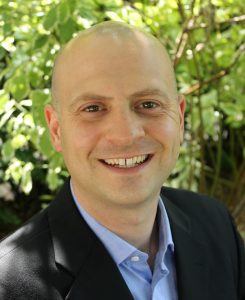
I joined the university in 2016 and am currently an Associate Professor in the Department of Political Studies. My research broadly focuses on African politics and Global Indigenous politics. I have served on a wide range of committees at the university. At the departmental level, I have been chair of the undergraduate committee, chair of the outreach committee, a member of the graduate studies committee, coordinator of the speaker series, and served for numerous years as the faculty association representative to USFA. At the college level, I have been chair of the International Studies program, and a member of the college review, bylaws, and Indigenous recruitment committees. While I am new to serving on the USFA executive committee, I have extensive union experience from my previous academic position at Saint Paul University in Ottawa. This included serving as a member of the executive, as secretary of the faculty union, and as one of two university-wide faculty members on the joint committee which held monthly meetings with senior administration to discuss key governance issues. I hope to bring a strong voice to the union and commit to representing the diverse interests of my colleagues. I am dedicated to being an advocate for the promotion of real collegial governance, a vocal supporter of EDI-related initiatives, and a staunch defender of the collective agreement.

Dr. Julita Vassileva is a Professor in the Department Computer Science. She is a leading researcher in user modelling, personalization and social computing, as well as AI in education. She has authored over 300 research papers and given 15 keynote presentations at international conferences. In 2021 Dr. Vassileva received the U of S Distinguished Researcher Award. She has advised over 50 graduate students (15 PhD) and has received the two main U of S awards for graduate supervision: the University’s Distinguished Graduate Supervisor Award (2014), and the Advising Excellence Award by the Graduate Student Association (2013). Dr. Vassileva is a member of the editorial boards of several reputed journals, including UMUAI, IEEE TLT, ACM TSC, IJAIED, and is the founding Editor-in-Chief of Frontiers in AI Supporting Human Learning and Behaviour Change. Dr. Vassileva held the NSERC/Cameco Chair for Women in Science and Engineering for the Prairies region (2005 – 2011) and started a science outreach program for aboriginal youth in the North, called “Science Ambassadors”, which has now completed 13 years of impactful activity in over 25 communities and has engaged over 25,000 indigenous youth in science. For her leadership and mentorship, she got the Saskatoon’s YWCA “Women of Distinction Award (Science and Research)” in 2015.
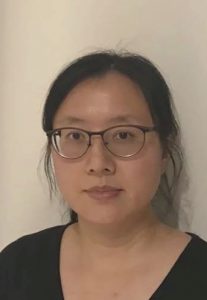
Dr. Li Xing is an Assistant Professor in the Department of Mathematics and Statistics, College of Arts & Science. Her research interests are Analysis of Big Omics Data, Bioinformatics, Machine Learning, Bayesian Methods, Longitudinal Data Problem, and Biostatistics.
Doug Chivers is an accomplished behavioural and evolutionary ecologist in the Department of Biology. His research focusses on how anthropogenic disturbance alters predation dynamics and prey cognition. Doug is a University of Saskatchewan Distinguished Professor. His research has been cited more than 20,000 times. He is a Fellow of the Animal Behaviour Society and the Royal Society of Canada. Doug has served as the USFA Chair and Vice Chair several times and has been involved in Collective Bargaining for much of his career at the University of Saskatchewan.
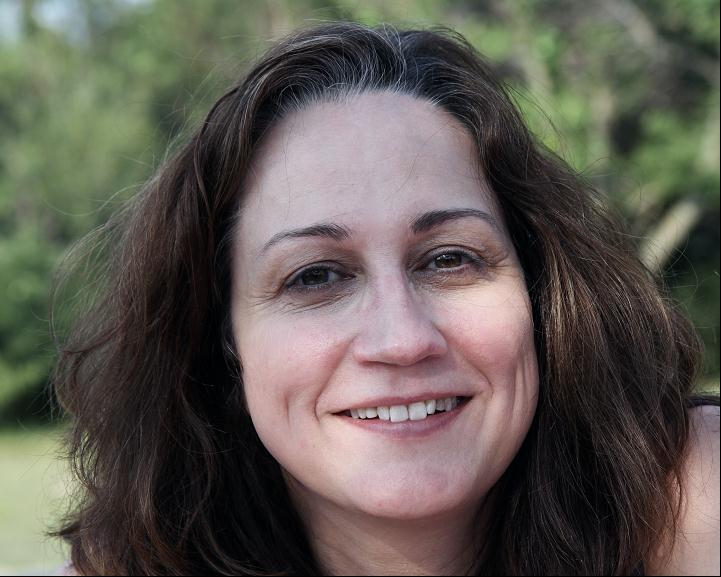
Professor Allison Muri has been a faculty member in the Department of English since 2004. Her research focuses on Digital Humanities applications to the study of Eighteenth-century literature, history, and culture. First elected a member of the USFA Executive in 2016, she has been active with the USFA since 2009 as a member of the Joint Committee for the Management of the Agreement (JCMA), JCMA Caucus, and the USFA Negotiating Committee and Caucus. She has served as USFA Chair, USFA Vice-Chair, Co-Chair of JCMA, Chair of the USFA Communications Committee and is the Association’s Chief Negotiator.

Paula MacDowell, PhD, is an Assistant Professor in the Department of Curriculum Studies. Her research focuses on immersive learning and technologies for environment and sustainability education (ESE). Since being elected as a member of the USFA Executive in 2022, Paula has contributed as a member of the Joint Committee for the Management of the Agreement (JCMA), JCMA Caucus, and Chair of the Personnel Committee. Her professional interests include working collaboratively towards greater equity and transparency and improving the overall quality of our academic lives at USask.
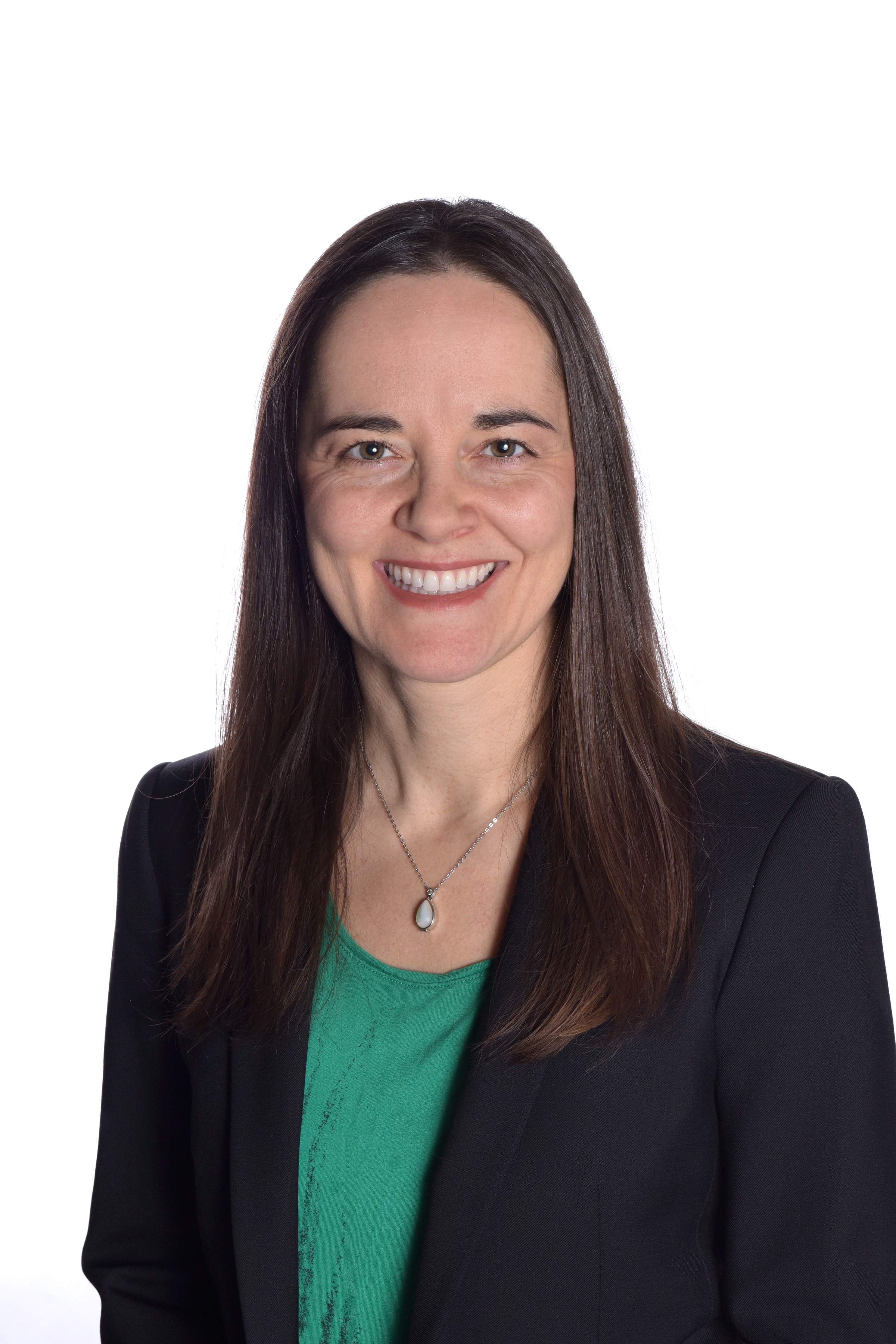
Dr. Dionne Pohler is an associate professor and department head in Human Resources and Organizational Behaviour at the University of Saskatchewan Edwards School of Business. She holds the Co-operative Retailing System Chair in Co-operative Governance with the Johnson Shoyama Graduate School of Public Policy and the Canadian Centre for the Study of Co-operatives. Her research covers topics on work and employment, unions and labour relations, organizational governance, labour and social policy, and co-operative development. Major current projects include explorations of rural issues and rural-urban polarization, and the causes of the motherhood earnings penalty.
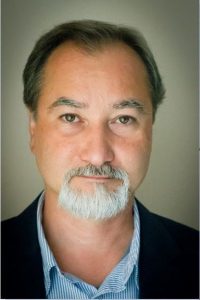
Sina Adl is a Professor in the Department of Soil Sciences. A microbiologist specialized in protistology, he has worked on diverse ecosystems around the globe. His publications range from soil food web studies, to sustainable agriculture, and soil community structure. He is best known for his synthesis work in protist classification and modernizing the systematics of eukaryotes, and his research has been cited more than 12,000 times. He is a past-President of the International Society of Protistologists and has been active on numerous professional society executives. He was on the USFA Grievance Committee in various roles for eight years, and has served on the Communications committee. He was Associate Dean (academic), Department Head, on Council and its Academic Programming committee, amongst other university committees.

Janet Okoko is an Associate Professor in the department of Educational Administration, College of Education. She is a black woman who has served as a member of the Equity, Diversity and Inclusion (EDI) committee in a national professional association. Part of her research explores ways in which educational leaders can be equipped to support culturally diverse immigrants and minoritized groups. Her experience as a black member of faculty, and a woman, enables her to provide valuable, unique and diverse perspectives as an ally and a champion of equity for members.

Haizhen Mou is a professor at the Johnson Shoyama Graduate School of Public Policy, University of Saskatchewan. An economist by training, her primary research areas include fiscal policy, fiscal federalism, health policy and social policy. She is the principal investigator of multiple SSHRC grants and published in economics, public policy and public administration journals.
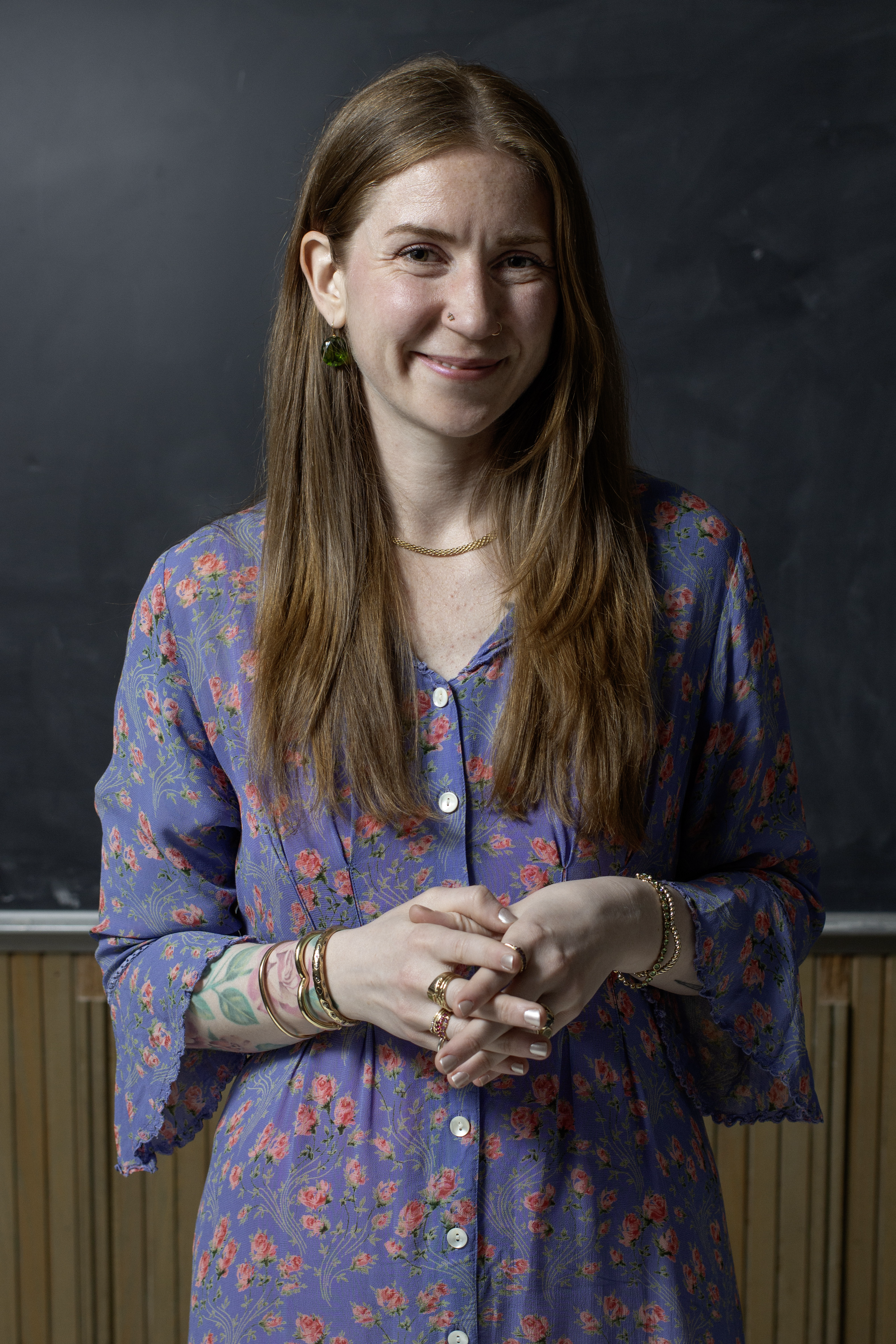
Maggie FitzGerald is assistant professor in the Department of Political Studies at the University of Saskatchewan, Canada. Her research focuses on the ethics of care, global ethics, normative and critical international relations theory, and feminist political economy. Her work has appeared in journals such as International Feminist Journal of Politics, Review of International Studies, and Journal of International Political Theory. She is the author of Care and the Pluriverse: Rethinking Global Ethics (Bristol University Press, 2022).